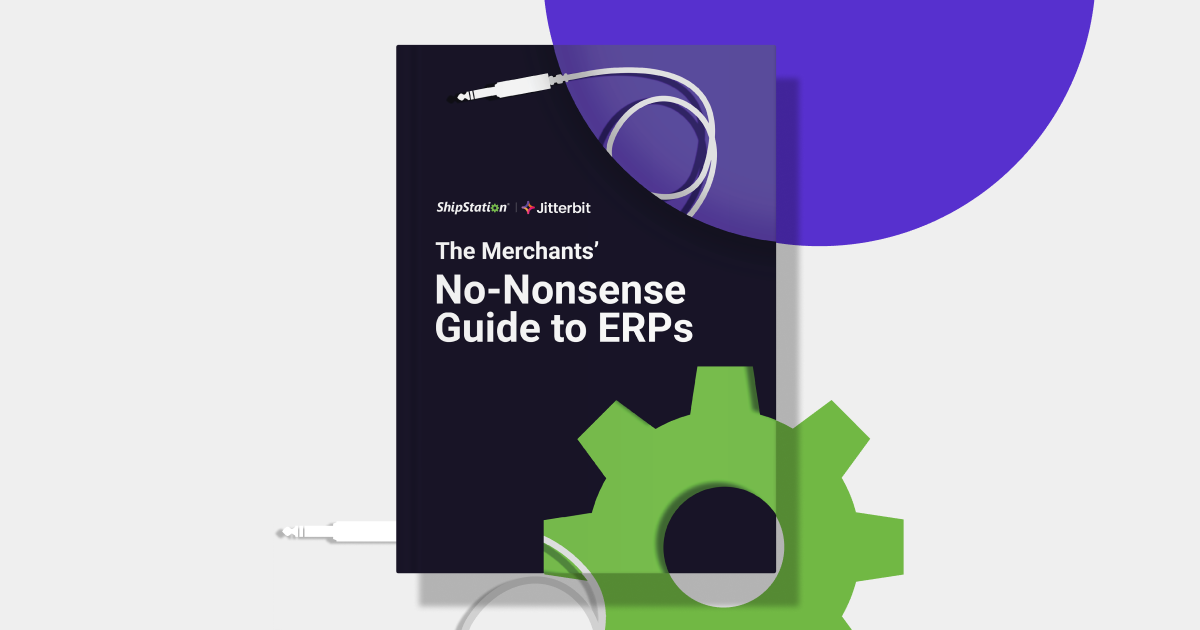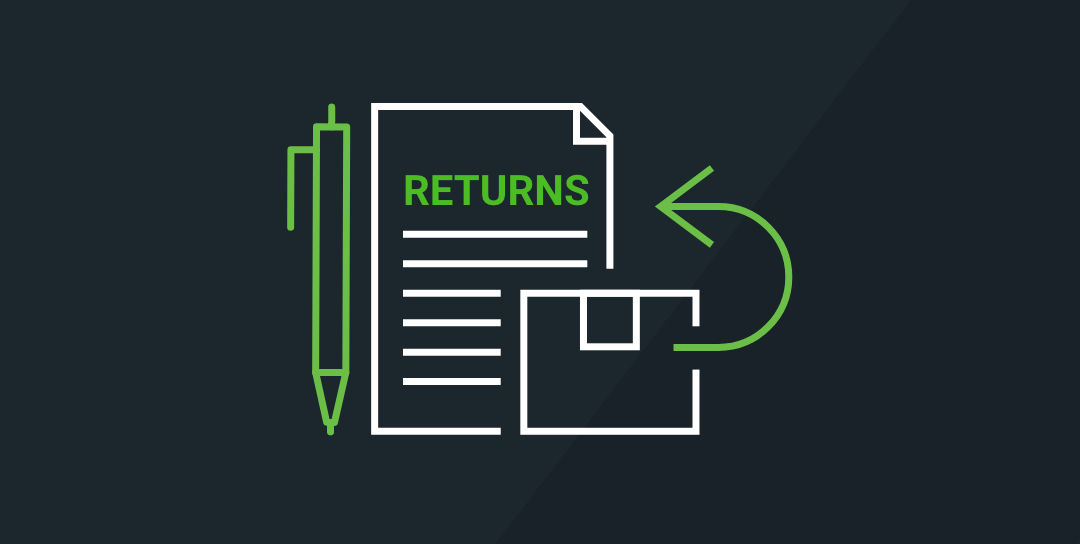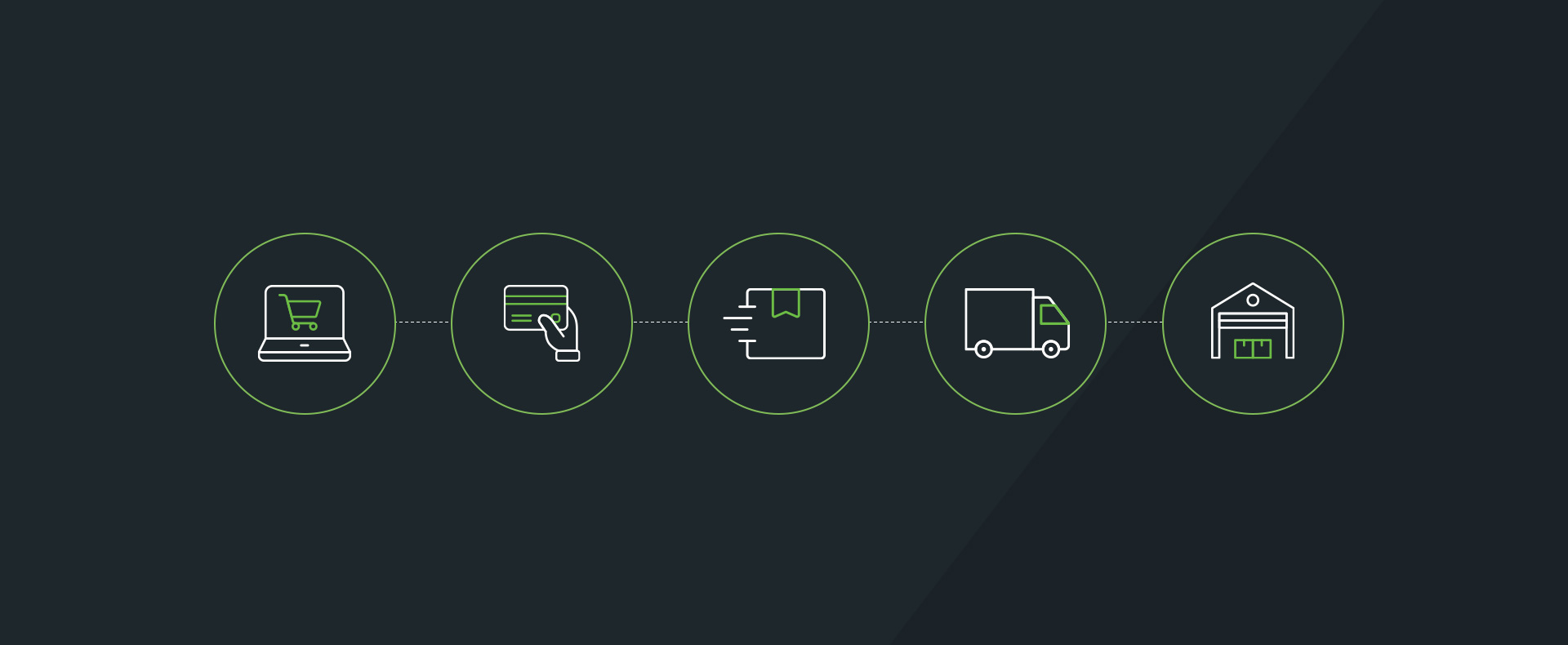Multichannel Resource Hub
Incorporating more selling channels into your ecommerce strategy is an easy way to grow your customer base and revenue streams. Today there are more ways to reach customers – both in terms of number and variety of channels – than we could have imagined not so long ago. And as the number of channels continues to rise the need to embrace multichannel selling will become not only a good idea, but a critical one. At ShipStation we want to ensure that users like you are working as efficiently as possible. To help, we’ve compiled everything you need to know about being an effective multichannel seller. In this resource hub we will cover:
- What is Multichannel Selling?
- Why You Should Become a Multichannel Seller
- Our latest ebook
- How to Add a Selling Channel Within ShipStation

Multichannel marketing is the strategy of selling your products across multiple channels—whether they be your website, online marketplaces, social media, or physical retailers. Listing products on multiple platforms allows you to meet customers where they are and reach a wider customer base.
One of the easiest ways to find more customers is to reach them where they shop—instead of just bringing them to you. With the help of ShipStation you can increase your product sales and create long-term customers and drive them back to your website.

In our latest ebook: Selling Across Channels: How a Multichannel Strategy Boosts Sales and Increases Brand Recognition, we outline the most important things to consider when planning and implementing an effective multichannel strategy. We also found out that ShipStation users who added an additional selling channel saw their order volume increase by 58%.
When you add an additional selling channel within ShipStation you will also increase your brand recognition and customer base as well as many more benefits. Check out some of the benefits below:

Best Practices from ChannelAdvisor
In the final chapter of the ebook, ChannelAdvisor shares their tips and tricks for becoming a successful multichannel seller. ChannelAdvisor is a leading ecommerce cloud platform whose mission is to connect and optimize the world’s commerce. ChannelAdvisor Starter Edition helps streamline your inventory management in a single solution. Starter Edition works seamlessly with ShipStation to help you grow your selling efforts with Amazon, eBay, and Shopify in the United States.
With ChannelAdvisor, you have access to Marketplaces and Fulfillment platforms that connect you to more online channels globally than any other platform. Now add ShipStation to the mix, and you’ll be equipped to ensure speedy deliveries on every order and streamline the shipping process for the rest of the fulfillment cycle. Let ChannelAdvisor and ShipStation help you be seen and sell more, and sell more with the best ecommerce shipping rates.
Enter your email address to download Selling Across Channels: How a Multichannel Strategy Boosts Sales and Increases Brand Recognition.
Marketplaces vs. Branded Ecommerce Platforms:
In addition to having both a physical and ecommerce store, there are several types of online marketplaces and platforms where you can sell your products to people who otherwise might not find you.
But not every channel is a good fit for every business. For example, to provide a streamlined customer experience, many of these marketplaces will prioritize the marketplace as the brand name instead of letting you showcase yours. That can be difficult if your strategy relies on having a recognizable brand. And many online sales channels charge fees for product listings and or sales commissions.
And while there are a variety of options for merchants to choose from, not every marketplace or channel is right for everyone. Here’s a breakdown of how you can narrow your focus on the right channels for you and your retail business:
Marketplaces:
Marketplaces are a third-party site that includes product listings from many sellers across product categories. Examples include Amazon, eBay, Walmart, and Etsy.
What are the benefits of selling on a marketplace?
It’s convenient to get started and maintain: An online marketplace is a great option for sellers, especially new ones. Because these sites are established it can save a retailer a lot of time and allow them to avoid building a website from scratch.
Wide audience: Sites like Amazon and eBay are trusted and well established. Consumers are comfortable making purchases and are accustomed to going there instead of somewhere new to find products. As many marketplaces are already household names, they have millions of shoppers who are searching for products like yours. It doesn’t require much effort to get your products in front of potential customers.
Which marketplace is right for you?
Amazon
- Huge existing audience: Amazon has 150 million Prime members, alone.
- Brand recognition and trustworthiness: Amazon is one of the most highly recognized brands in the world. It is the first stop for many consumers on their buying journey. It has a valuable reputation due to fast shipping and free and easy returns.
eBay
- eBay offers the option for merchants to sell their products via auction-style selling.
- Select a starting price and eBay users can then bid on the product until the auction is over. Once it’s over, you can sell to the person with the highest bid price.
Walmart
- Scale and customer reach: The Walmart Marketplace has over 110 million visitors each month.
- Walmart is focused on value: To sell on the Walmart Marketplace, your business must apply and be approved. Their market is focused first and foremost on low prices.
- For more information, check out How Selling on the Walmart Marketplace Helps Ecommerce Merchants.
Etsy
- Niche market for artisan goods and handmade items.
- Built-in customer base: Etsy has a strong, existing customer base so you can spend less time and money bringing your audience to the platform.
- For more information, check out the Five Advantages of Selling on Etsy.
Branded Ecommerce Platforms:
Branded ecommerce platforms, often referred to as shopping carts, are an independent ecommerce website that a seller runs, where buyers purchase goods directly from the website belonging to the business. Many are built using platforms likes Shopify, BigCommerce, and WooCommerce.
What are the benefits of a Branded Ecommerce Platform?
Maintain Strong Brand Consistency: When you build your own website with a brand ecommerce website, you have total control over what it looks like, what it says, and how it works. This provides a great opportunity to showcase your unique brand. Some platforms even offer flexibility over design, pre-built templates, and integrations with other systems.
Maintain Your Customer Base: Having your own store allows you to get direct access to your customers. You can target people who visit your site with ads, market to those who have already purchased from you, and stay connected with them.
Which branded ecommerce platform is right for you?
Shopify
- Robust selling channel: Shopify is a widely trusted ecommerce selling platform. Set up your own store to sell from directly. Their platform allows you to sell on your website, in-person(through a point-of-sale system), and on multiple selling platforms. Shopify has integrations with other marketplaces like Amazon and eBay to make online selling simple.
- “Buy Button”: The Shopify Buy Button allows you to link to specific products in your store anywhere you choose on your website, including your blog. This makes the purchase process more convenient for customers.
BigCommerce
- Multichannel integrations: BigCommerce has a wide range of integrations with various selling channels, including marketplaces like Amazon and eBay, and social media channels like Instagram and Facebook. These integrations make the multichannel selling process easier to manage.
- For more information check out the Five Benefits of Selling on BigCommerce.
WooCommerce
- WordPress platform: WooCommerce gives you the ability to build your online store on the WordPress platform. Using WordPress may make the store more accessible and user-friendly for businesses that already use WordPress for their website.
Understand your target market before expanding into other selling channels. Once you do, you can better evaluate which selling channel will fit your target customers and their buying habits. Selecting the right selling channels will be integral to the success of your multichannel strategy.
And remember: Many of these common platforms can be integrated with your ShipStation account to make it easy to get set up.
ChannelAdvisor
ChannelAdvisor is a leading ecommerce cloud platform whose mission is to connect and optimize the world’s commerce. ChannelAdvisor Starter Edition helps streamline your inventory management in a single solution. Starter Edition works seamlessly with ShipStation to help you grow your selling efforts with Amazon, eBay and Shopify in the United States.
With ChannelAdvisor, you have access to Marketplaces and Fulfillment platforms that connect you to more online channels globally than any other platform. Now add ShipStation to the mix, and you’ll be equipped to ensure speedy deliveries on every order and streamline the shipping process for the rest of the fulfillment cycle. Let ChannelAdvisor and ShipStation help you be seen and sell more, and sell more with the best ecommerce shipping rates.
Enter your email address to download Selling Across Channels: How a Multichannel Strategy Boosts Sales and Increases Brand Recognition.

With direct integrations to over 70 of the best selling channels, ShipStation makes it easy and free for you to be an efficient multichannel seller. The only time you would see an additional fee is if the selling channel you want to connect is a Premium Integration. To connect an additional selling channel check out our helpful how to below. For more information on how to connect a store, check out our help center.






